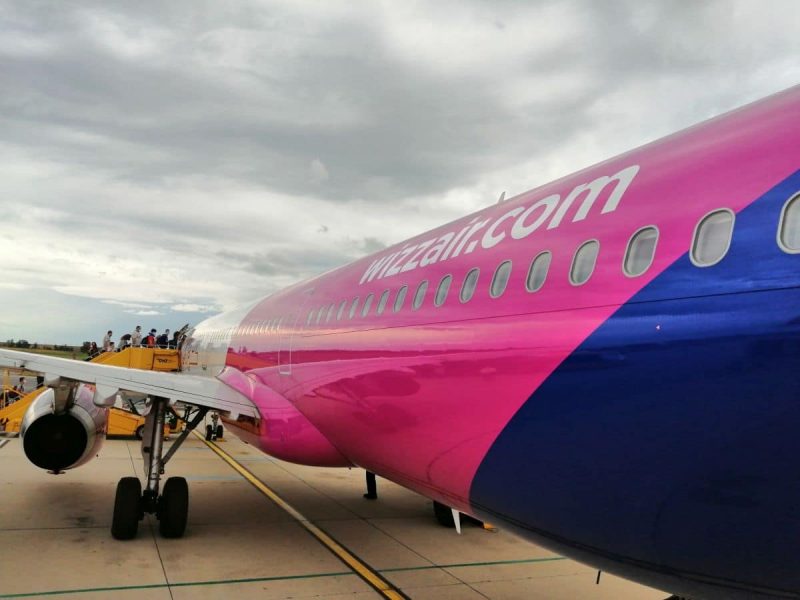The low-cost airline Wizz Air was defeated by the Berlin Regional Court in the first instance with regard to the controversial “assignment processing fee”. The lowcoster uses these when passengers turn to passenger rights portals to enforce claims and assign their compensation.
Some of these companies offer travelers so-called instant compensation. Those affected sell their entitlement under EU Regulation 261/2004 and are quickly transferred a sum that is lower than the entitlement. The passenger rights portal then collects the compensation at its own risk and, in the event of success, makes a profit with the difference and if you are defeated, you are left with the entire amount. Travelers who cede their claims - i.e. sell - then no longer have anything to do with the airline. It is then the sole risk of the provider.
This business model is quite expensive for passengers, but without any litigation risk. However, it is a thorn in the side of some airlines, which is why they have come up with new fees in the general terms and conditions. For example, Wizz Air, which was sued before the Berlin Regional Court, invented what is known as an “assignment processing fee”. Only the airline will know exactly what that is supposed to be.
However, the German competition center is of the opinion that the prohibition or financial sanctioning of the assignment of claims is grossly disadvantageous for consumers. That is why they went to court in Berlin and prevailed in the first instance. The judgment is not yet final, however, because the defendant low-cost airline can still appeal against it.
The competition center quotes extracts from the judgment in its communication. Accordingly, the Berlin Regional Court is of the opinion that Wizz Air may not demand an “assignment processing fee” because it would represent a “material and legal restriction of the rights of passengers”.
AGB / ABB of Wizz Air complicated in the case of deletions and cancellations
The general terms and conditions or conditions of carriage of Wizz Air may have a few surprises. In the event of a cancellation or a significant flight delay, airlines must offer alternative transport to the destination, if necessary also with another airline or another means of transport (e.g. train). The Supreme Court confirmed this in Austria under the transaction number 1Ob133 / 18t. In the case cited, a passenger had sued Austrian Airlines who had been refused the transfer to another airline. The OGH ruling is also applicable to Wizz Air connections from Austria.
The Hungarian low-cost airline has anchored a clause in its General Conditions of Carriage that states that you can only rebook your own flights (see Section 15.1.2 (a) of the ABB of Wizz Air Hungary Ltd.). As early as 2019, the Chamber of Labor, the VKI and the European Consumer Center stated that this clause is grossly disadvantageous and would unlawfully restrict passenger rights. The decision of the Supreme Court is also disregarded. However, Wizz Air has not yet ended this practice, which is why legal proceedings are pending in Austria. At the time, Wizz Air told Aviation Direct succinctly: “The general conditions of carriage of Wizz Air are approved by the Hungarian aviation authority, as Wizz Air flies under a Hungarian AOC. Wizz Air also complies with all rules and laws of the countries that are flown to ”. It should be noted that the General Conditions of Carriage are not checked or even approved by the national aviation authorities. Furthermore, Wizz Air no longer flies under a Hungarian AOC, but is one of the first airlines to have the new EASA AOC.







 trail (for them it's free to use)
trail (for them it's free to use)